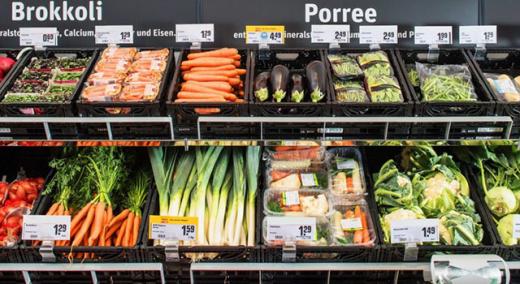
Automation in the fresh produce sector is standard fare these days. What may not be so standard are the containers that get the produce from farm to market. The quality of produce containers has a direct impact on the quality of the produce—and maximizing profit margins for produce distributors and retailers.
|
ADVERTISEMENT |
As a produce retailer’s operation scales up, the need for reliable containers grows respectively. Standardized containers, such as IFCO’s reusable plastic containers (RPC), can be a significant advantage for automated logistics centers that might be handling more than a million containers every month. Even the smallest deviation of a few millimeters in container size can create cascading issues.
Unlocking hidden efficiencies
Using RPCs enables a one-touch system that contributes to time savings and reduced labor costs related to handling, storage, and transportation of fresh food.
…
Add new comment